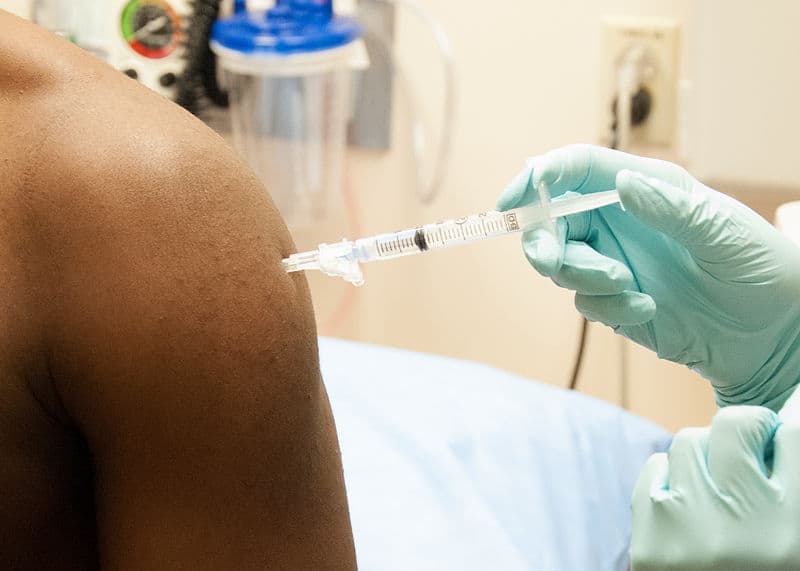
Clinical trials for Russia’s Sputnik-V vaccine in India could start in the coming weeks
pharmafile | September 22, 2020 | News story | Manufacturing and Production | Russia Vaccine, vaccines
Clinical trials testing Russia’s Sputnik-V coronavirus vaccine in India could begin in the next few weeks, according to Indian pharma firm Dr Reddy’s Laboratories Ltd.
The trials are part of a deal by Dr Reddy’s and the Russian Direct Investment Fund (RDIF). The pharma firm will conduct the Phase 3 trials in India and pursue local regulatory approvals, and if it gets final approval, it will also distribute the finished vaccine in the country. The RDIF will supply 100 million doses to the company. They have also reached an agreement to produce 300 million doses for India overall.
The studies will enrol 1,000-2,000 participants and will be conducted across multiple sites in the country. Deepak Sapra, CEO for API and Pharmaceutical Services at Dr Reddy’s, said: “We want to get to the first step – which is the commencement of the clinical trials by getting the necessary approvals from the Indian regulators – within the next few weeks.”
The RDIF have said that vaccine deliveries could begin in late 2020, but Sapra feels it could take longer as the clinical trial process will take months.
Dr Reddy’s signed a deal with the RDIF last week. The Sputnik-V vaccine has drawn significant criticism for subverting the traditional clinical trial process. Usually, drugs and vaccines are approved after successful Phase 3 trials, but Russia decided to approve the vaccine after Phase 2 trials, conducting Phase 3 trials after the approval. In July, clinical trials were conducted on volunteers at the Sechenov First Moscow State Medical University and involved 38 people in two separate groups. Allegedly, the vaccine proved to be effective and safe and is being developed and produced by the Gamaleya Scientific Research Institute of Epidemiology and Microbiology along with the Russian defence ministry.
This quick approval process led to Professor Alexander Chuchalin quitting the Russian Health Ministry’s ethics council, after he had tried to stop its registration based on safety grounds. He accused the two leading medics involved in its development of flouting medical ethics in the process.
Conor Kavanagh
Related Content

Merck plans to conduct trials for HPV vaccines
Merck, known as MSD outside of the US and Canada, has announced that it is …

Measles: the UK’s next epidemic?
Recently, the UK has seen a rapid increase in the number of cases of measles, …

AstraZeneca to acquire Icosavax for up to $1.1bn
AstraZeneca has announced that it has entered into a definitive agreement to acquire Icosavax for …








